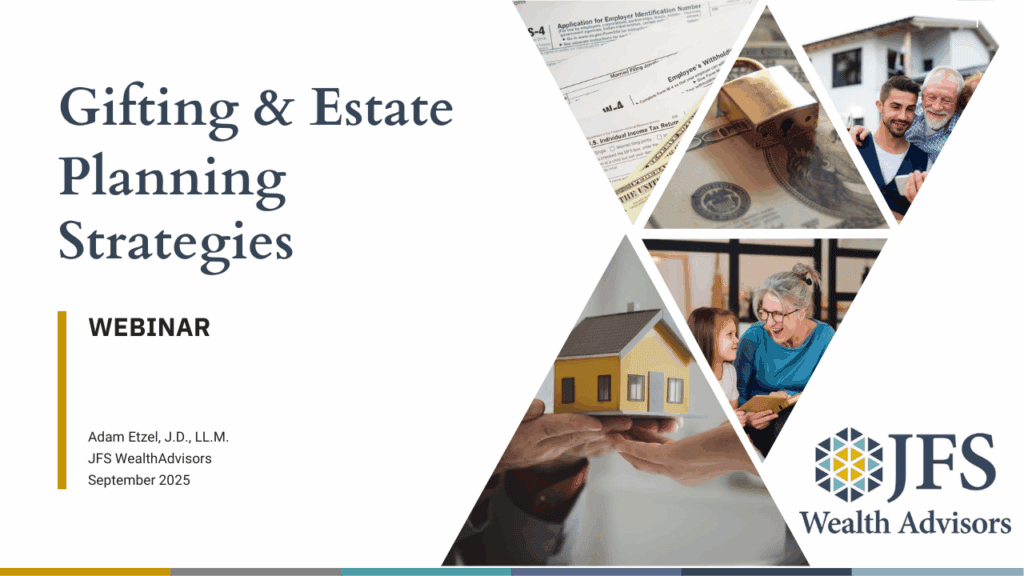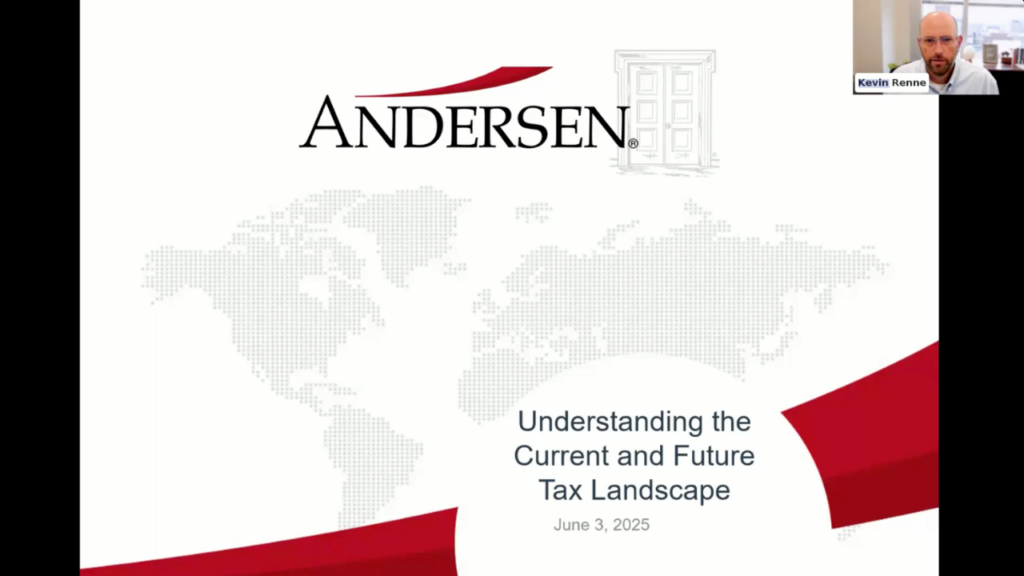One of the most memorable lines from the 2002 movie Spider-Man came from Spidey’s Uncle Ben: “With great power comes great responsibility.” It’s a truism that has achieved meme status, but we shouldn’t overlook the authenticity of the sentiment. In fact, thousands of years ago, another wise person voiced the same idea in different words: “To whom much has been given, much shall be expected.”
According to consulting firm Cerulli Associates, over the next 20 or so years, some $84 trillion will be transferred from (mostly) Boomer-era parents to (mostly) Gen X and Millennial heirs. That amount of capital represents an immense source of power and, thus, an immense responsibility. Some of these prospective inheritors will have had the good fortune to have been prepared to accept the mantle of responsibility that accompanies the oversight and management of generational wealth. Others, however, may not have the benefit of such preparation.
For both groups, one of the best investments for readiness to handle the coming duties is time spent in thoughtful conversation with those who have been guiding their parents’ financial journey. Those who have taken advantage of the counsel and recommendations of experienced, professional, fiduciary advisors have typically benefited from a wide range of service, including financial “coaching,” access to qualified legal and tax advisors, personalized investment management, and much more. Among other things, this means that these advisors are likely to be intimately acquainted with the parents’ wishes, goals, and most important priorities for their wealth. In other words, they are in an excellent position to assist and advise the next generation in a way that promotes good stewardship of these important, sometimes life-changing resources.
Asking the Right Questions
As you sit down for these important conversations, there are several areas where you will probably want specific information. Here are some targeted questions that can help you get to the core of these matters and also better acquaint yourself with how the advisor has been working with your parents’ estate and how you might expect them to work with you, when the time comes.
- Are you a fiduciary? This is vitally important to establish. According to the Consumer Financial Protection Bureau, “A fiduciary is someone who manages money or property for someone else. When you’re named a fiduciary and accept the role, you must—by law—manage the person’s money and property for their benefit, not yours.” But the fact is that not all financial advisors are bound to exercise fiduciary duty toward their clients. The fiduciary duty requires that the client’s best interests should always come first. This means, among other things, that the advisor is committed to:
- Place the client’s interests above their own interests, or the interests of their firm.
- Disclose conflicts of interest to the client, obtaining the client’s informed consent and properly managing the conflict.
- Continue to put the client’s interests first, even when acting under a conflict of interest.
- Comply with the terms of the client engagement and follow client directions, so long as they are reasonable and lawful.
- Act with care, skill, prudence and diligence based on the client’s goals, risk tolerance, objective, financial status, and personal circumstances.
- Do you work personally with my parents, and will you work with me the same way? Do you communicate with my parents or their representatives on a scheduled basis? Perhaps the most important benefit a financial advisor can provide is a thorough knowledge and understanding of each client’s situation, resources, and intentions. In fact, this is a core element of providing the fiduciary standard of care outlined above. A necessary component of this knowledge is systematic communication about the account, the client’s current situation and needs, and the investment landscape. If you get the impression that the advisor is not familiar with your parents’ needs and resources, you may wish to consider retaining the services of a different advisor when the time comes.
- Do you provide or facilitate tax and legal planning for my parents? Especially for sizeable estates, almost every decision has tax and/or legal implications. A prudent, professional advisor will be working with each client to maximize tax efficiency in how the account is handled and also to keep clients aware of potential legal needs, including estate planning (wills, trusts, and similar considerations). Depending on the advisor’s credentials and certifications, they may either provide these services personally or refer clients to a qualified legal or tax professional. It is common for the financial advisor to serve as a kind of “quarterback” for these services, helping clients obtain the services they need as the occasion arises.
- May I see a schedule of fees and costs for the services you provide? This is a part of the fiduciary obligation mentioned above. A fiduciary financial advisor is typically required to disclose in writing the fees, costs, and other sources of compensation to clients. In other words, the associated costs for working with a fiduciary advisor should be completely transparent and known before any service is provided or any funds are deposited.
Asking questions like these should help you get a much better picture of what is involved in the relationship with a financial advisor. And keep in mind that the answers should be delivered in terms you understand, not in “financial-ese.” A truly professional advisor will want you to be clear on all matters related to the relationship and will make sure you have the necessary understanding before any action is taken. Trust is at the core of any good relationship, and this is nowhere truer than the relationship with a financial advisor.
At JFS Wealth Advisors, we are able to provide financial advice and “coaching” through all stages of life. We understand the complex issues that go along with substantial wealth, and we’re here to provide counsel, guidance, and other services in a way that can provide peace of mind for clients of all ages. To learn more, please visit our website to read our article, “Family Philanthropy and the Next Generation: Keeping the Torch Alight.”



















